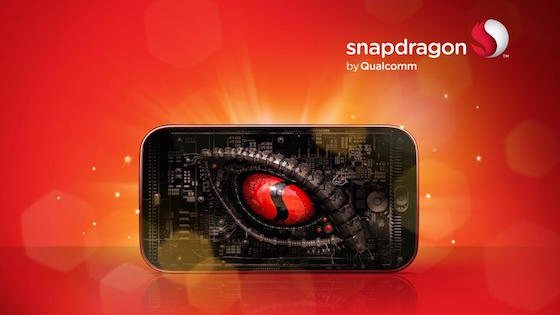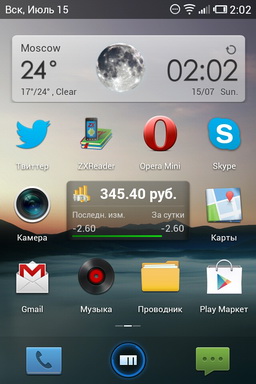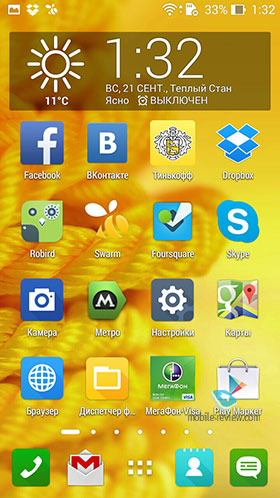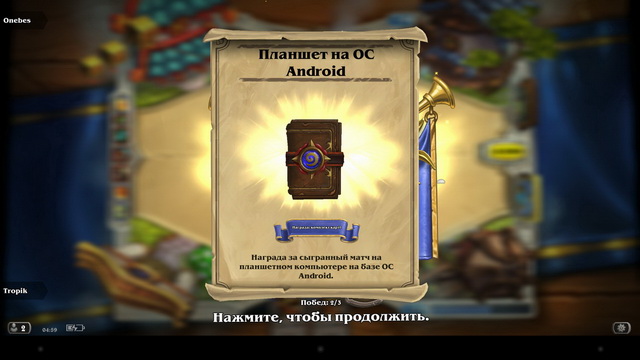Readers do not stop 'sponsoring' me with articles for articles, and today's material was written under the influence of a question from one of our commenters.

Introduction
In one of the reviews, Andrey Podkin asked me what I mean by the phrase 'the device uses a powerful eight-core processor' and noted that, judging by the results in AnTutu, there was no scent of any power there.
I meant by the phrase “powerful” – a chipset on which you can run most modern games without problems and whose performance is sufficient for everyday operations (browsing, mail, menu navigation). Of course, if we compare its performance in AnTutu, then it loses to the leaders by almost two times. But do modern smartphones really need this performance?
Let's try to consider the main criteria by which you can assess the 'power' of a smartphone.
Menu navigation
Many people underestimate the importance of this parameter, and in fact it can be called one of the key ones. Let me explain why. To do this, they should go back to the days Android 2.3 and the corresponding version iOS. In those days, the smooth operation of the application menu (as well as autonomous operation, but we are not talking about it now) iPhone was almost a parable. Users regularly came to our forum who wrote something like: 'Hmm, when Android will work as smoothly as iOS, I will consider smartphones on it for purchase . Indeed, most smartphones on Android 2.x did not work very fast, shall we say. I remember that very well. Samsung, HTC, Sony – they all had slowdowns when paging. And if an ordinary user might not have noticed this, then for the browser, the torn animation was immediately visible. One could of course blame Google and the manufacturers themselves, but Android 2.x was objectively not the fastest (and not the most beautiful) operating system. Are Qualcomm and other companies to blame for this? I don’t think so. An excellent confirmation of this statement was the installation MIUI, on which the launcher just flew, in fact, on the Samsung Galaxy S2, I used this particular firmware. By the way, MIUI is not the only example, the same Flyme 1.x.x from Meizu worked very quickly too.

An attentive reader will ask: “So if the chipset does not play a special role in this point, then why are you talking about it at all?” It's simple. The speed of work of the 'menus' is what the non-advanced layman will turn to first of all, especially if he used to use iPhone (times iOS 6), and then switched to Android (or from some fast smartphones like ZenFone to slowing down Galaxy). The layman will associate the slowdown in the interface with performance, although optimization plays a greater role here than 'power'.
Browser and third-party applications
Nowadays problems in this segment are rather rare, even the most budget smartphones perfectly open most applications and can be used for comfortable web surfing. But the majority does not mean everything – some do not have enough RAM, and some do not have enough optimization. No, seriously, I saw two top-level smartphones with similar performance, and one of them slowed down when scrolling through Hangouts, and the second one flipped through the same contact list smoothly.

Games
It would seem that this is the best natural benchmark demonstrating the need for more and more powerful processors, gaining 40,000 points in AnTutu. But here again, optimization plays an important role! Why? Everything is very simple. Here are two smartphones in front of me, built on the same chipset from MediaTek or Qualcomm, I run the same games on them and see that in one row of toys it simply does not open, while others start with big slowdowns and lags, in the second, there are no such problems, all games are available and run smoothly at maximum settings.

Conclusion
I think that you have already guessed about my conclusions, but I will say them anyway.
My testing experience shows that now the “power” of chipsets is fading into the background and the manufacturer's optimization plays an increasing role. Google is clearly not to blame for slowdowns and lags Android ’a on certain devices is clearly not worth it, it did everything possible back in the days when Project Butter appeared. Look at the same Nexus, they demonstrate excellent smooth operation both in everyday work and in productive games, even the Nexus 7 2013, which no longer uses the latest chipset. This perfectly shows that if there is a performance 'corruption', then it is on the side of the device companies. That is why in the reviews we try to focus on personal feelings, and not on dry benchmark numbers, what's the difference, how many points in AnTutu if scrolling in the browser is twitchy, and toys are constantly flying out?
